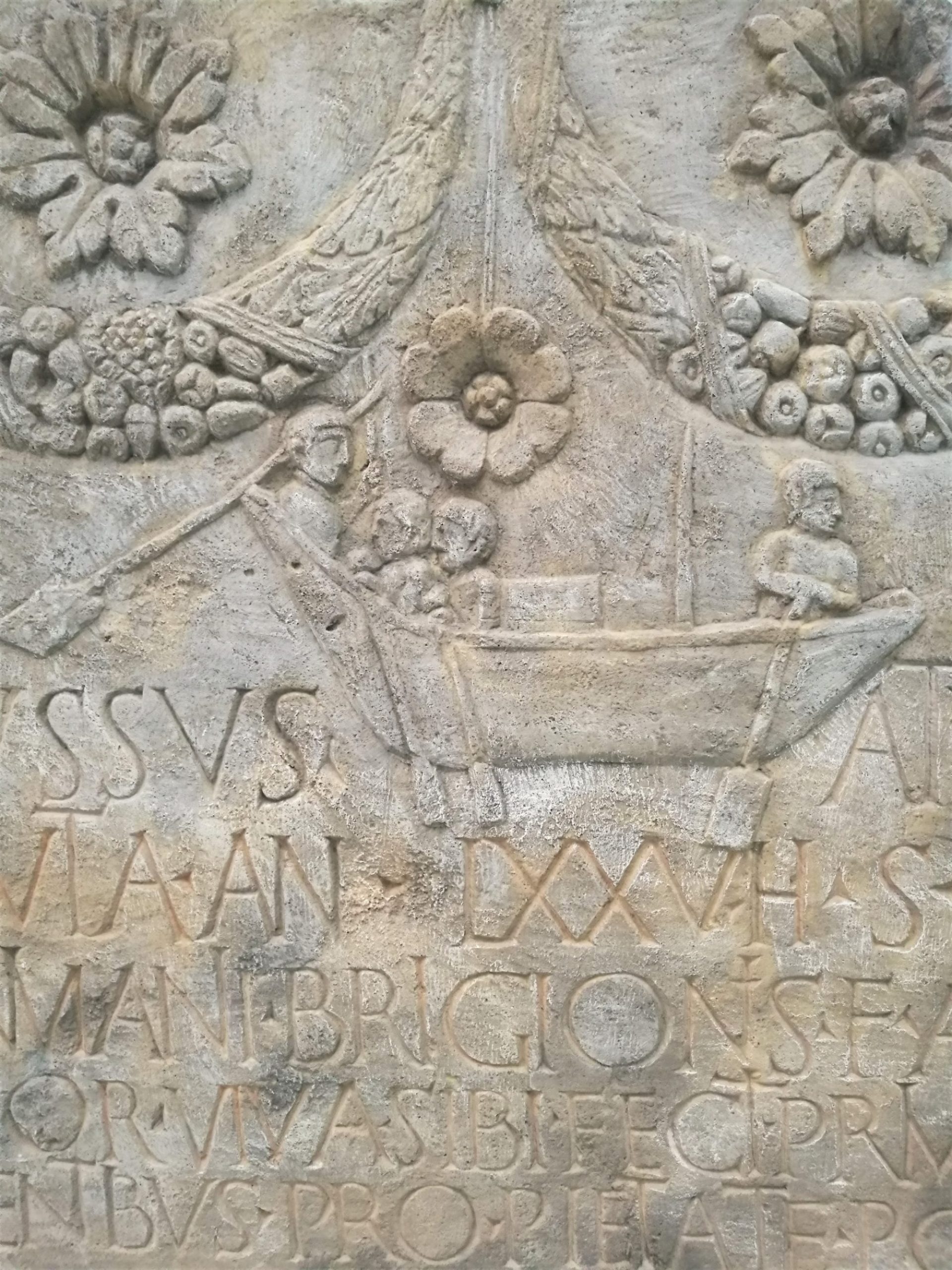As a number of scholars work on shifting identities in the context of different academic disciplines, we would like to create a space for interdisciplinary inquiry into the movement of individuals, objects, and ideas. Movement is fundamentally concerned with relationships among time, object, people, and space. The rationale of this symposium is the notion that understanding movement in the human past as well as in the present, requires a shift away from traditional, fieldwork-based archaeological ontologies or historical narratives towards fluid, interdisciplinary studies. A symposium like the one proposed here must break away from this stasis and, instead, cut new pathways, tracing the boundary-crossing contextuality that is inherent in the mobility of objects, people, practices, and ideas.
Symposium description: Mobility of people and objects characterizes the world today, as well as the human past was filled with types of movement early on. This symposium specifically focuses on the Mediterranean region, including the Southern Levant.
With its focus on mobility and meaning, the symposium seeks to gather discussions set chronologically in antiquity towards current issues about movement of people, goods and ideas. Already in the fifth century BCE, Greek authors engaged in active discussion of constant movement and change as the prime drivers of life. In the Roman Empire, Seneca coined down a dictum, which embodies the main idea of the symposium: “The humankind is constantly rushing to and from; in this vast world something is changing every day.” Taking an inclusive approach to this complex and multidimensional topic, this symposium will address the movement of people, ideas, identities, and objects in the Mediterranean regions, highlighting that they were always intertwined. The themes to be discussed include migration, trade, and cultural exchange of knowledge, technologies, objects, religious beliefs, and texts regarded as authoritative. The symposium will also touch upon the issue of how movement is studied: what are the limits of our research on movement depending on the time period of study?
Apart from textual documents, the symposium will explore the movement of material objects which are characterised by temporal continuity, embodying a prior existence with lingering effects. As objects transform through time and space, so do the values and functions attributed to them. Similar “palimpsest effect” comprises the aftermath of the movement of people whose possessions, sacred texts, and beliefs appear to be tied up to the original geographical location or their owners just as much as their identity.
The processes of constant movement prompted fluidity, variety, and richness of the Roman civilization, but did they have any drawbacks? What was, and what is nowadays the self-perception of the Mediterranean people involved in the constant movement and change? How does affect the lives of human beings or change their identities? The process of mapping out itineraries of value in the realm of the material allows us to grasp the nature of a given social formation through the shape and meaning taken on by them. It also provides insights into the nature of materiality, through the value ascribed to objects at a given point in time and space.
As an interdisciplinary initiative, this symposium will bring together a diverse group of specialists from fields such as history and archaeology, sociology, anthropology, classical philology and philosophy, theology and religious studies. It serves to generate a worldwide network of scholars studying various aspects and manifestations of movement in the Mediterranean world and beyond. Due to the cross-disciplinary topic, the organisers expect to attract a relatively large audience, including scholars, PhD candidates, and MA students.
Please stay tuned for the Zoom link!
